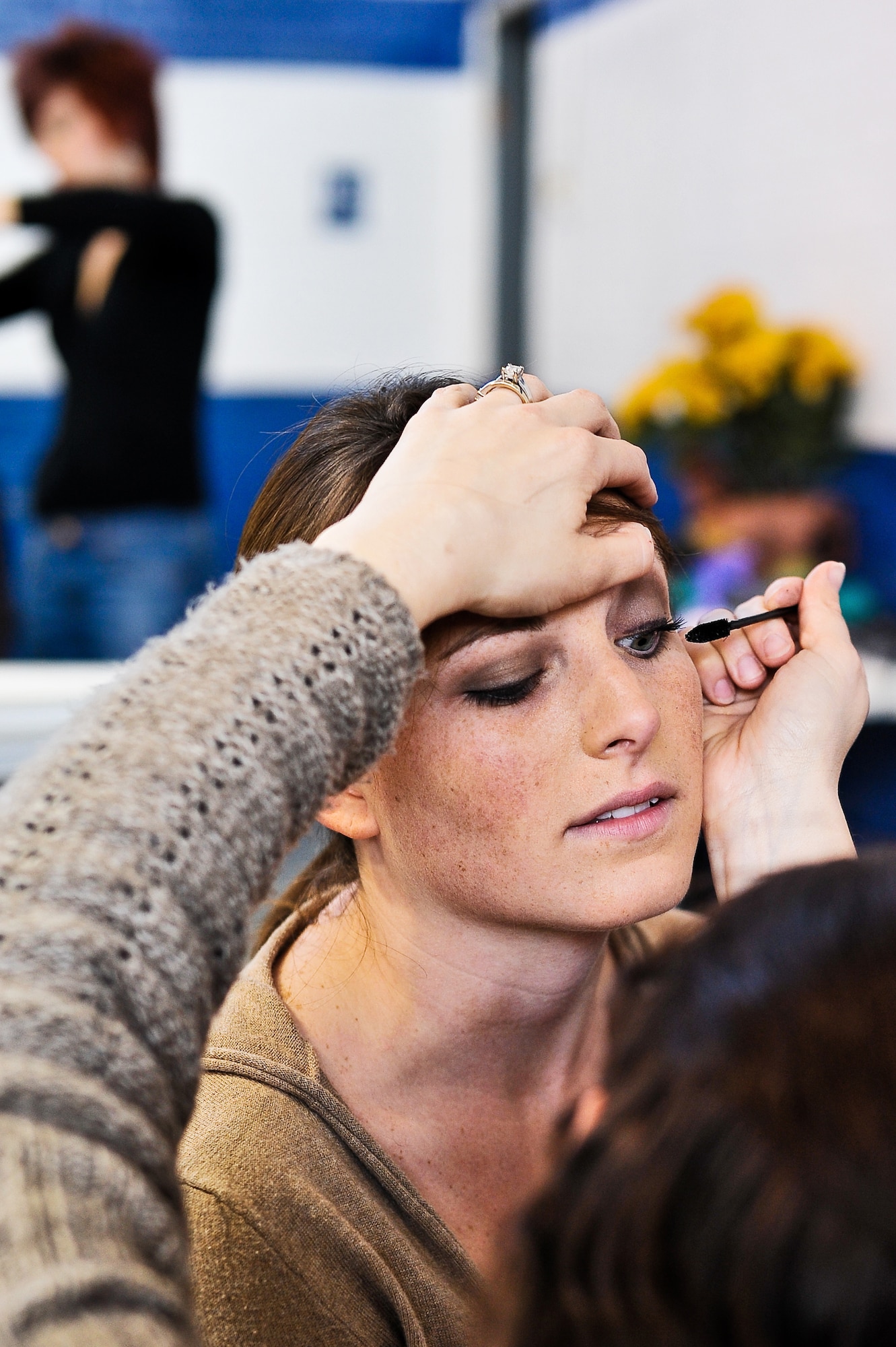{In the dynamic world of {fashion|apparel design|the fashion industry}, staying {ahead|at the forefront} requires a {deep understanding|solid grasp|thorough knowledge} of various {design techniques|creative methods|fashion design strategies}. These techniques not only form the {foundation|backbone|core} of creating {exceptional|outstanding|memorable} garments but also {enable|empower|allow} designers to {push|break|expand} the {boundaries|limits} of {creativity|innovation|artistic expression}. From {traditional methods to cutting-edge technology|age-old techniques to modern innovations|the basics to the latest in fashion tech}, mastering these {skills|techniques|methods} is {crucial|essential|vital} for any designer {looking to make their mark|aiming for success|aspiring to stand
skincare info out} in the {competitive|fast-paced|ever-evolving} fashion arena.
First and {foremost|paramount}, {sketching|drawing|illustration} remains a {fundamental|critical|key} technique. It {allows|enables|permits} designers to {quickly|swiftly|rapidly} {translate|transform|convert} their ideas into {tangible|visual|concrete} representations. {Sketching|Drawing|Illustration} serves as the {initial step|first stage|foundation} in the design process, {facilitating|aiding|helping} in the exploration of {shapes, silhouettes, and details|silhouettes, shapes, and design details|the silhouette, shape, and intricate details}. Mastery in sketching {enhances|improves|boosts} a designer’s ability to communicate their {visions|ideas|concepts} {effectively|clearly|with clarity} to {clients, team members, and manufacturers|team members, manufacturers, and clients|clients and production teams}.
{Digital design software|Computer-aided design (CAD) software|Technology in design}, such as Adobe Illustrator and Photoshop, has become {indispensable|invaluable|essential} in {today’s|the current|modern} fashion design landscape. Utilizing these tools, designers can {create|produce|develop} {detailed|precise|elaborate} and {highly accurate|extremely accurate|very precise} {renderings|designs|illustrations} of their {garments|creations|pieces}, {enhancing|improving|boosting} {the efficiency of the design process|design process efficiency|the design process's efficiency}. Furthermore, {digital tools|these technologies|CAD tools} {facilitate|enable|allow} easy {modifications, adjustments, and experimentation|adjustments, modifications, and experiments|experimentation, modifications, and adjustments} with {colors, textures, and patterns|textures, colors, and patterns|patterns, textures, and colors}, {making|rendering|turning} the {process|task|job} of {finalizing designs|design finalization|creating final designs} {far more streamlined|more streamlined|significantly easier}.
Understanding and {applying|implementing|utilizing} {fabric manipulation techniques|techniques of fabric manipulation|the art of fabric manipulation} is another {cornerstone|pillar|critical aspect} of fashion design. Techniques such as {draping, pleating, and embroidery|pleating, draping, and embroidery|embroidery, pleating, and draping} help designers {to add texture, depth, and dimension|add depth, texture, and dimension|give depth, dimension, and texture} to their {creations|designs|pieces}. {Draping|The technique of draping} involves {arranging fabric on a dress form|the arrangement of fabric on a dress form|positioning fabric on a dress form} to {visualize|create|conceive} the garment’s {shape|form|structure} before {cutting and sewing|the cutting and sewing process|sewing and cutting the fabric}. {Pleating|The art of pleating} and {embroidery|the intricate work of embroidery}, on the other hand, are {ways|methods|techniques} to add {decorative elements|ornamentation|decoration} and {detailing|details|unique details} that {enhance|elevate|lift} the {aesthetic appeal|visual appeal|overall look} of {garments|clothing|fashion pieces}.
{Sustainability in fashion design|Sustainable fashion design techniques|The practice of sustainable design} is rapidly {becoming|gaining|emerging as} a {necessity|required|crucial element}. {Adopting|Embracing|Incorporating} {sustainable practices|practices of sustainability|eco-friendly techniques}, such as {using recycled materials, minimizing waste, and considering the garment's lifecycle|minimizing waste, using recycled materials, and lifecycle analysis of garments|considering the lifecycle of the garment, minimizing fabric waste, and employing recycled materials}, reflects a {designer’s|designer's ethics and|design philosophy and} {commitment to the environment|environmental responsibility|dedication to eco-conscious design}. {Sustainability|This approach|Eco-conscious design} not only {appeals to|attracts|resonates with} the {growing number of environmentally aware consumers|increasingly eco-conscious consumer base|growing eco-aware consumer market} but also {promotes|encourages|fosters} {innovation|creativity|inventiveness} in finding {new|creative|innovative} ways to create {fashion|apparel|clothes} that is both {stylish and sustainable|beautiful and sustainable|fashion-forward and eco-friendly}.

{To sum up|In conclusion|In sum}, {mastering|the mastery of|becoming proficient in} {these crucial|these essential|the aforementioned} fashion design techniques is {imperative|indispensable|essential} for {any|every} designer {eager to excel|looking to succeed|aiming to stand out} in the {competitive|ever-competitive|cutthroat} world of fashion. {Acquiring|Gaining|Building} these {skills|capabilities|techniques} {enables|allows|empowers} designers to not only {bring their visions to life|realize their creative visions|turn their ideas into reality} but also {to innovate and redefine|innovate and push the boundaries of|redefine and advance} what fashion {can be|is|means}.